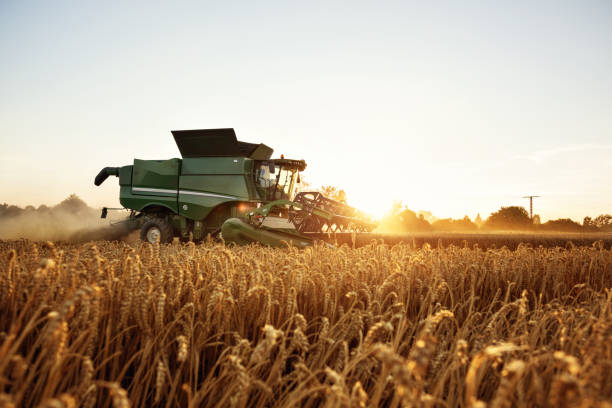Traditional grains to the rescue
Share
WEATHER projections for the next farming season have prompted the Government
to promote cultivation of crops – among them traditional grains – that do well in the
five different regions of the country as a key pillar in ensuring that the country will be
able to produce enough food, at least for its domestic consumption requirements.
During the 2022/2023 agricultural season, Zimbabwe produced the highest grain
harvest in its history, an outcome which meant it would not require to import grain.
This should mean that up to May next year the country can expect to draw on crops
from the last season.
However, weather projects are predicting below average 2023/24 rainy season,
which will affect the agricultural season, suggesting a corresponding below average
2024 harvest.
About three quarters of the country’s population rely on rain fed agriculture, which
means they will be among the most affected by a below average rainfall season and
prospects of food insecurity.
Aware of the anticipated rainfall pattern, the Government announced measures in
preparation for the below average 2023/24 rainfall season. The move comes as a
result of the need to grow and build capacity to improve crop and livestock
production for communal and smallholder farmers for self-sufficiency.
It is for this reason that the Government has heightened promotion of the
Pfumvudza/Intwasa programme, which first and foremost seeks to ensure that
households produce enough food for their immediate annual requirements, with any
excess production being sold off to the Grain Marketing Board (GMB) for cash or
swap, while households in worst affected regions will be able to access grain from
the GMB.
Pfumvudza/Intwasa is essentially about ensuring that the area to be planted crops is
prepared in such a way that it is capable of retaining moisture longer, benefit from
the mulching, and therefore enable crops to thrive even in below average rainfall
circumstances.
Mindful that households might not have enough resources to purchase the required
inputs, the Government is rolling out distribution of inputs that are likely to produce
the best results for the various regions of the country.
To this end, agricultural technical extension services (Agritex) officers have been
deployed throughout the districts to ensure they guide villagers and small-scale
farmers in making the most of the Pfumvudza/Intwasa programme and thus ensure
household food security for most families.
The expected erratic below normal rainfall will limit access to sufficient, safe and
nutritious food required for the dietary needs and food preferences for an active and
healthy life.
Below normal rainfall does not only affect crops; it affects wild fruits, vegetables, fish,
amacimbi and even pastures, which households mainly in rural areas, but also in
urban set-ups, rely on to supplement incomes and therefore be able to provide for
their families.
While the Government is placing emphasis on growing traditional grains, in part
because of their appropriate dietary and nutritional content, the local traditional and
political leadership have a role to play in ensuring that under the circumstances,
households and the country produce enough food, at least to meet domestic
requirements.









